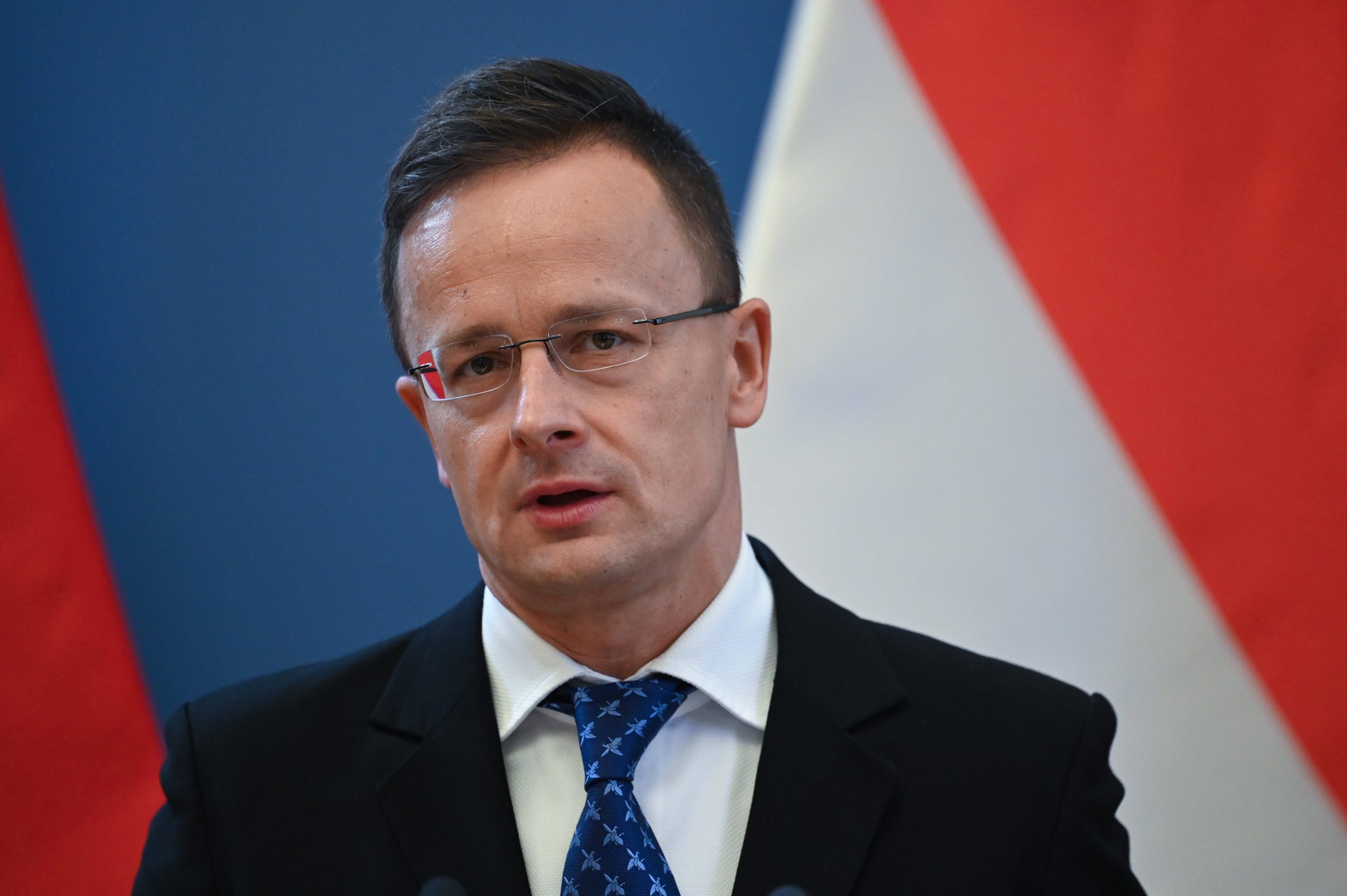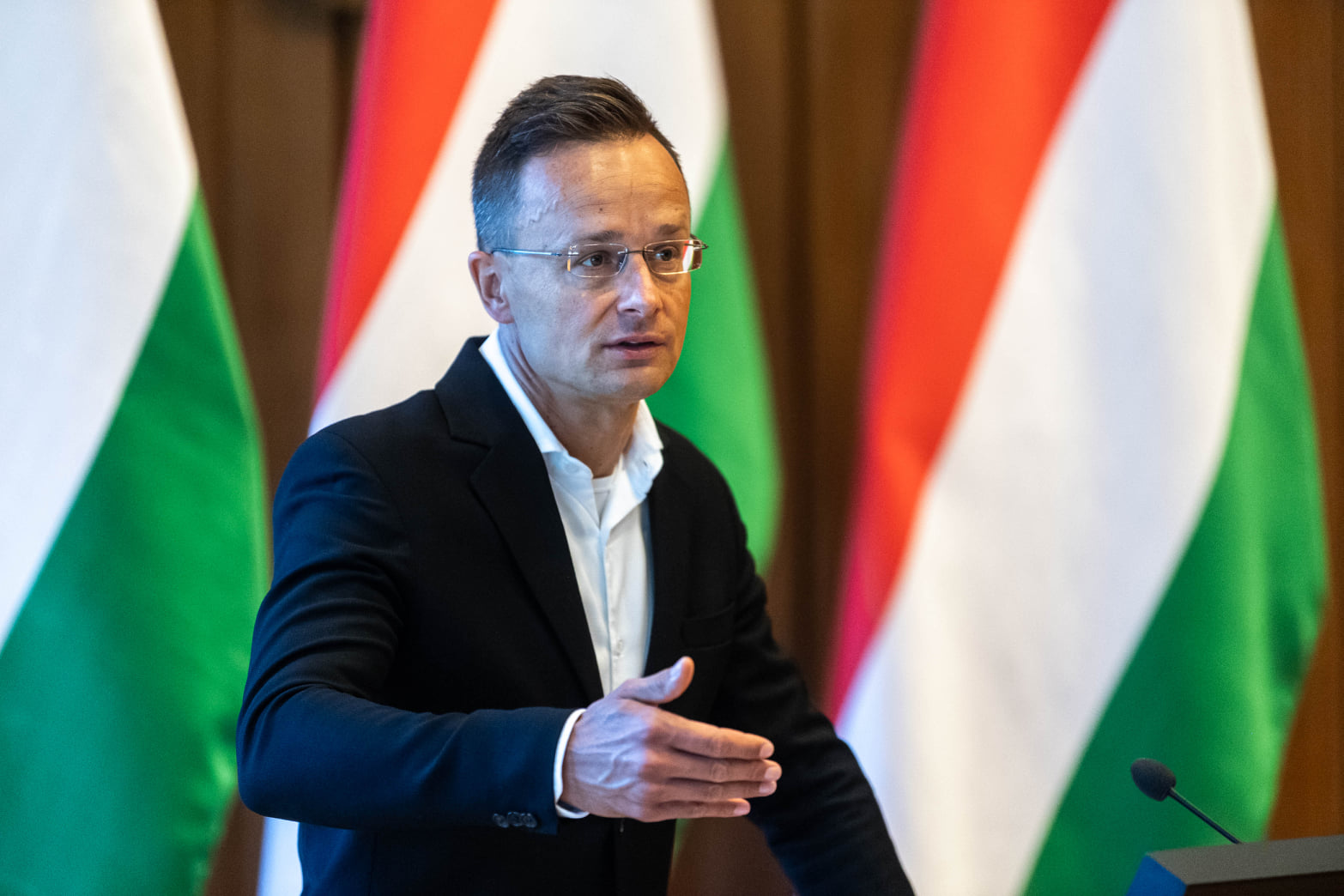
"Brussels is sliding back into a Western Balkans policy limited to lecturing and sanctions," Péter Szijjártó said.Continue reading

Péter Szijjártó, Hungary’s foreign minister, spoke by phone on Tuesday evening with Christian Schmidt, the High Representative for Bosnia and Herzegovina, and confirmed to him that peace, stability and an economic development of the Western Balkans is fully in Hungary’s national security and economic interest.
“Bosnia-Herzegovina undoubtedly plays a key role from this point of view in the region and this is why we, Hungarians consider it important to have a continued meaningful dialogue based on mutual respect with the leaders of Bosnia,” Szijjártó said on Facebook.
He said Hungary saw no point in threatening with imposing sanctions, adding that European politicians should also realise that “talking with the Western Balkans would be more welcome than talking about them”.
Meanwhile, in a letter to the European Parliament, Momentum MEP Katalin Cseh warned that, according to press reports, the Orbán government had given 100 million euros to the campaign of Bosnia’s Serb leader Milorad Dodik “aimed at breaking up the Western Balkan country.”
Cseh said it was “disturbing” that a leaked document had indicated that Olivér Várhelyi, the EU Commissioner for Neighbourhood and Enlargement, had “openly colluded” with Dodik in attempting to breaking up Bosnia and Herzegovina.
In his letter to MEPs, Fidesz MEP Tamás Deutsch said the reports were “untrue” and should be ignored. He added, however, that the accusations made in Cseh’s letter needed to be addressed because they concerned the issue of EU enlargement in the Western Balkans.
Deutsch said both Várhelyi and Bosnia and Herzegovina’s delegation to the EU had denied the claims made by Cseh. The MEP said Várhelyi, during a visit to the Western Balkan country last November, had urged the country’s leaders to ease tensions and to refrain from rhetoric and steps that would undermine trust and state institutions.
Hungary’s left-wing politicians “have been known to spread fake news and smears” about the Hungarian government and their country, and can be expected to ramp up those attacks with the approach of the general elections, Deutsch added.
Featured photo via Péter Szijjártó’s Facebook page